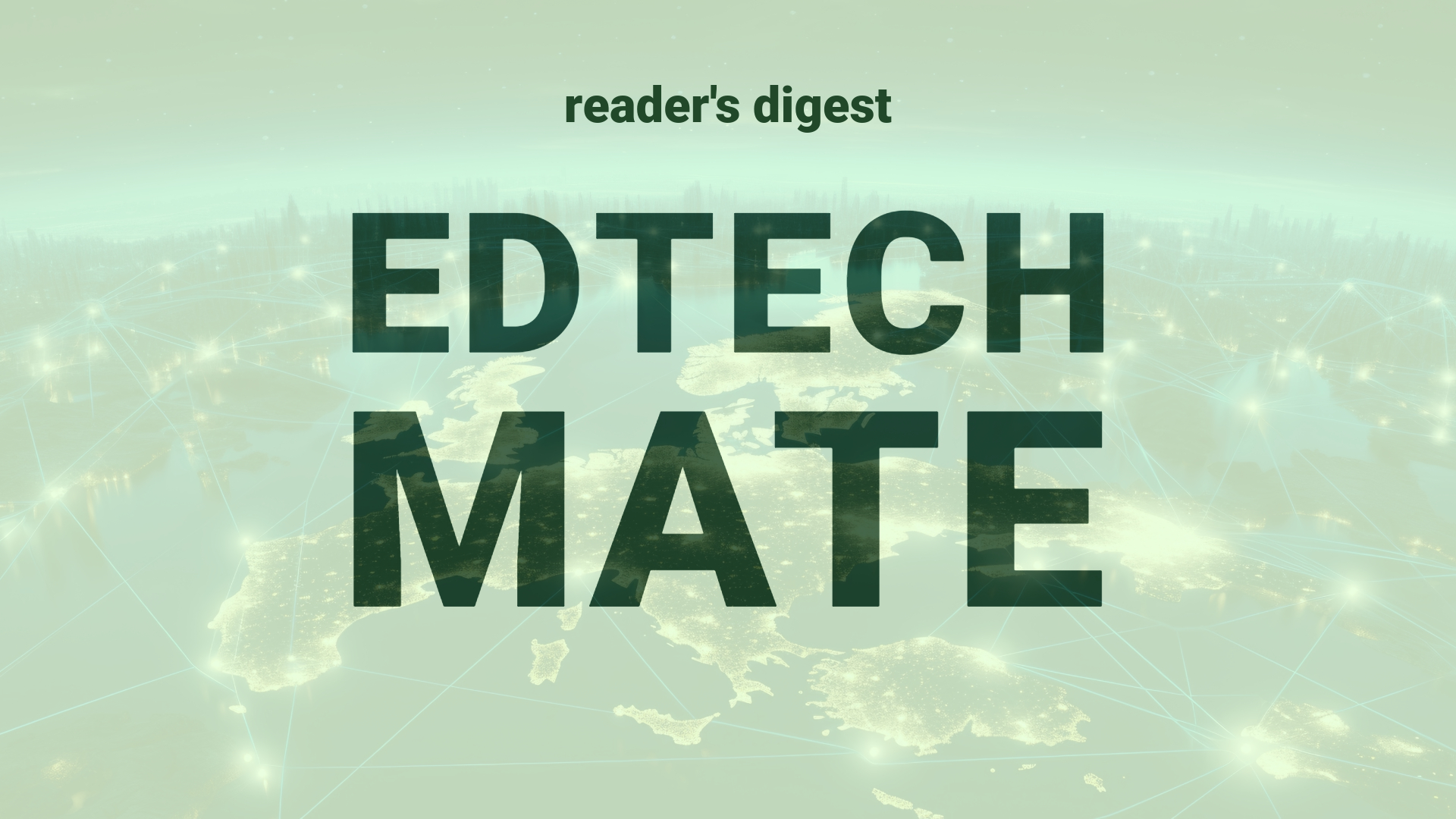Executive Summary and Main Points
The rapid ascension and integration of Generative Artificial Intelligence (Gen AI) in various sectors, particularly within chatbots, content synthesis, and software development, are key hallmarks of today’s technological innovation in global higher education. Analysts emphasize Gen AI’s adaptability across multiple applications and its unique potential to bridge the divide between IT and business units seamlessly, enhancing operational efficiency and strategic alignment. A case in point is OpenAI’s ChatGPT, which has paved the way for further adoption of AI projects that are game-changing and create new business models.
Potential Impact in the Education Sector
Gen AI’s infiltration into the Education Sector, especially with tools like ChatGPT, hints at revolutionary prospects for Further Education, Higher Education, and Micro-credentials. Strategic partnerships in telecommunications demonstrate potential annual incremental value, offering a precedent for educational institutions to streamline operations and improve services. Concurrently, Gen AI enables rapid content translation and synthesis, which could transform how educational materials are created and delivered, and influence tailored, on-demand programming support in collaborative research and development projects.
Potential Applicability in the Education Sector
Emerging applications of Gen AI, such as efficient code generation, offer a glimpse into a future where routine academic administrative tasks are streamlined, and personalized learning experiences are scaled. Innovations exemplified by Alpitour World show internal use cases that leverage Gen AI for data-driven decision-making, while Inter-studioviaggi’s application in client-facing chatbots could inspire educational institutions to improve student and faculty engagement through AI-driven interfaces.
Criticism and Potential Shortfalls
Despite the promise of Gen AI, criticisms persist regarding overreliance on AI, the threat of diminishing human roles, and potential ethical concerns. The balance between open and closed AI systems remains a contested area. Comparative studies highlight that while proprietary AI systems offer accessibility and rapid deployment, they may impede innovation due to lack of transparency, potentially stifling international collaborations in education. Ethical implications around data protection and bias within AI models also present challenges worth critical examination.
Actionable Recommendations
For educational leaders, embracing Gen AI means investing in strategic partnerships with clear guidelines on data ethics and privacy. Advocating for MLOps practices and LLMOps as grazed by the World Economic Forum will be crucial for ensuring trusted and efficient Gen AI deployments. Promoting transparency in AI utilization and multi-model environments can catalyze innovation, prepare institutions for future readiness, and foster international collaboration in academia.
Source article: https://www.cio.com/article/2098546/ia-generativa-i-tre-utilizzi-con-cui-i-cio-italiani-stanno-generando-valore.html

